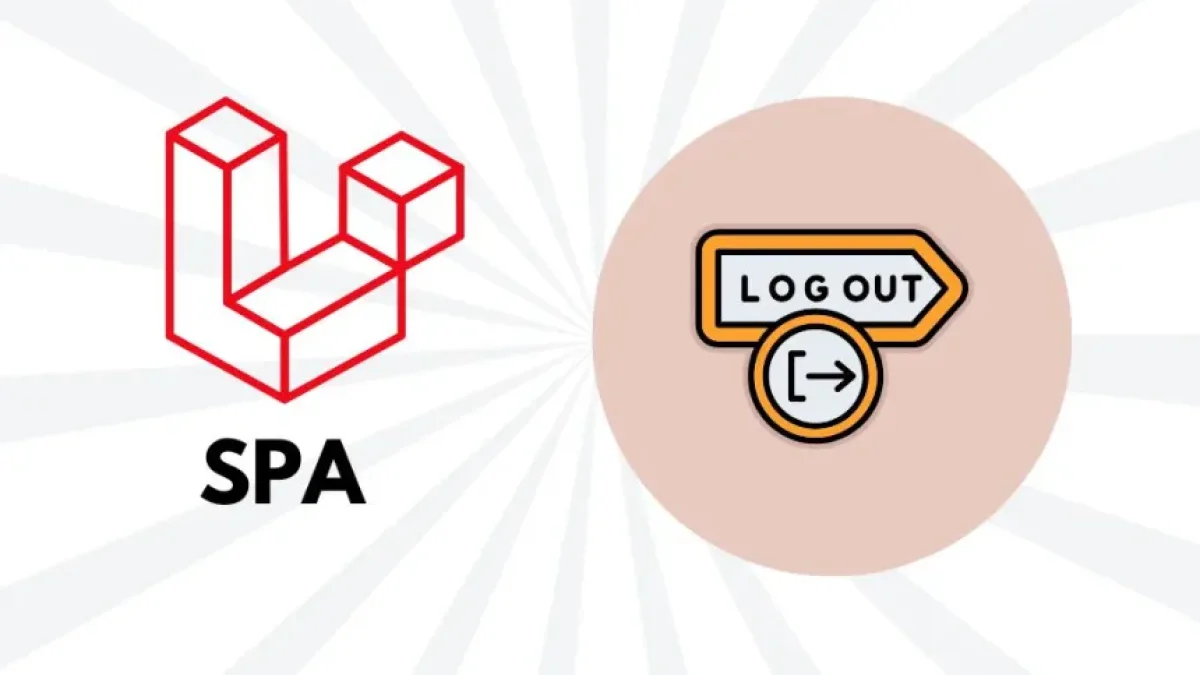Differences between cookies and sessions on the web explained


In the digital era, the terms "cookies" and "sessions" are common, but many people do not know exactly what they mean. Both are fundamental to the operation of websites, as they allow for the retention of information about user navigation. In this article, we will explain the key differences between cookies and sessions, as well as their respective functions.
What are Cookies?
Cookies are small text files that are stored on the user's device when they visit a website. Their main function is to remember information about the user so that, on future visits, the browsing experience is more personalized and efficient. For example, cookies can store data such as passwords, language preferences, or items in a shopping cart.
Types of Cookies
-
Session Cookies: These cookies are automatically deleted when the user closes their browser. They are used to temporarily track user activity on a webpage.
-
Persistent Cookies: Unlike session cookies, these remain on the user's device for a specific period, even after closing the browser. They are used to remember long-term preferences.
-
Third-Party Cookies: These are set by a domain other than the one the user is visiting. They are often used for advertising and user tracking.
What are Sessions?
Sessions, on the other hand, are a way to store information about a user during their visit to a website. Unlike cookies, sessions store information on the server, which means they do not take up space on the user's device.
Read also
Duration of Sessions
Sessions typically have a limited duration; they begin with the first access of a user and end when the user closes the browser or after a period of inactivity. This approach helps ensure the security of information, as sensitive data is not stored on the user's device.
Comparison between Cookies and Sessions
Storage
- Cookies: Stored on the user's device.
- Sessions: Stored on the server.
Duration
- Cookies: Can be temporary or persistent.
- Sessions: Generally temporary and limited to the duration of the visit.
Security
- Cookies: May be more vulnerable to security attacks as they store data on the client side.
- Sessions: Generally more secure, as sensitive information is kept on the server.
Usage
- Cookies: Used to remember user preferences and personalization.
- Sessions: Used to manage user authentication in web applications.
Conclusion
Both cookies and sessions are essential tools on the web. While cookies allow sites to remember user information and enhance the browsing experience, sessions are crucial for security and managing authentication during the user's visit. Understanding the difference between the two can help you navigate the digital world more informed.
If you wish to delve deeper into this topic or find more interesting articles, I invite you to keep reading on my blog!



















